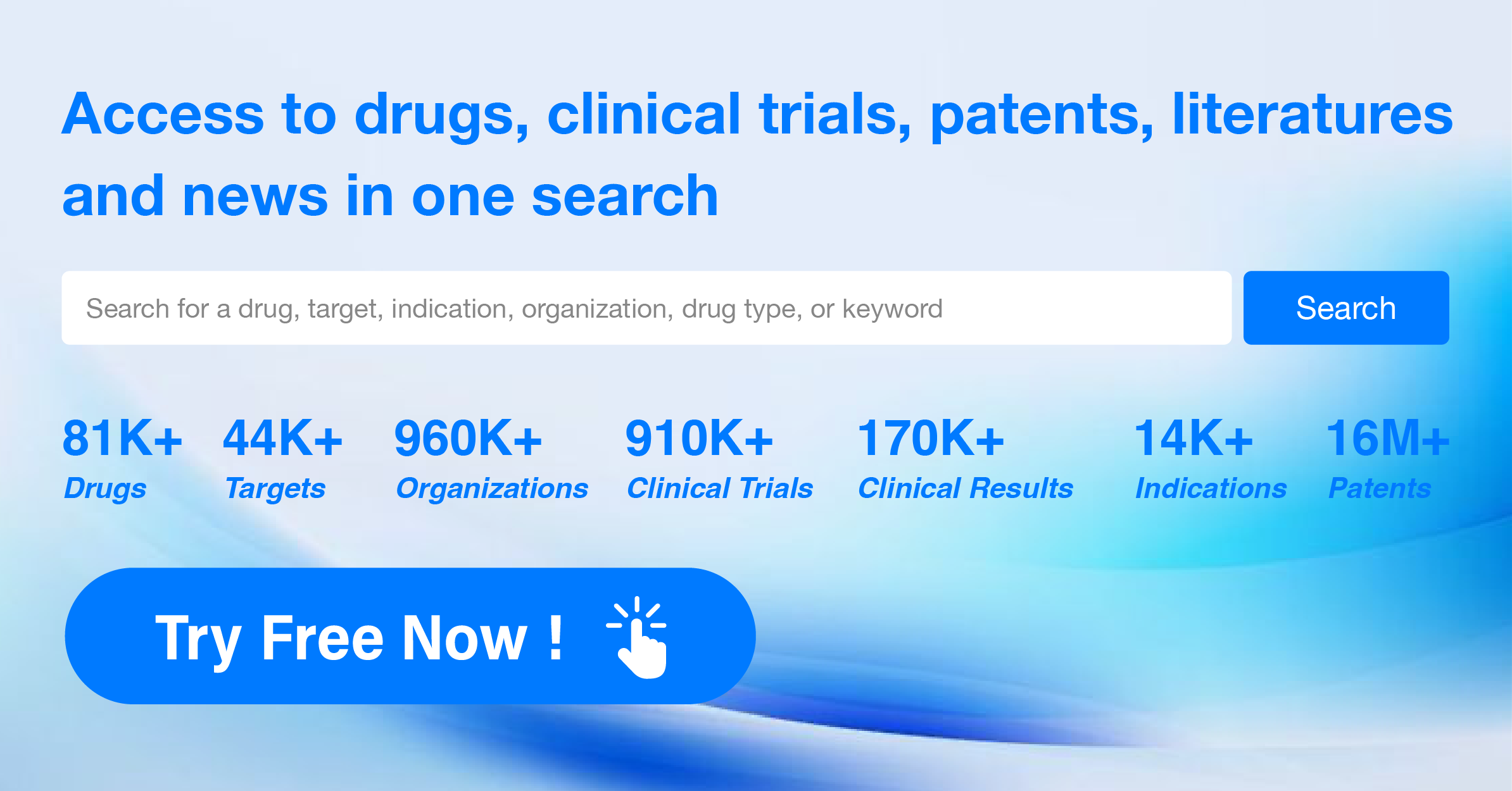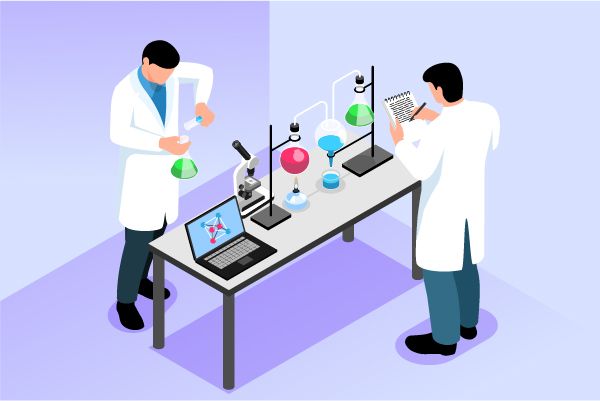What does interchangeability mean for biological drugs?
Interchangeability in biological drugs refers to a specific biosimilar that is highly similar to the reference (originator) product in terms of quality, safety, and efficacy, and is expected to produce the same clinical effects in any given patient. This means that the biosimilar can be substituted for the reference product by a pharmacist without consulting the prescribing physician, in accordance with state policies, without compromising therapeutic effects or safety.
The evaluation of interchangeability typically requires additional clinical studies to demonstrate that the risk of diminished safety or efficacy from multiple switches or alternating use of the candidate product and the reference product is not greater than the risk from using only the reference product.
In the United States, the FDA has established clear technical regulatory requirements for the interchangeability of biosimilars, while regulatory authorities in other countries have not yet established technical standards for biosimilar interchangeability. Biosimilars that achieve interchangeability status can be used to substitute for the reference product that a patient is currently using and can obtain a one-year market exclusivity period.
It is worth noting that not all biosimilars are deemed interchangeable. Interchangeability certification is an additional step that requires biosimilar manufacturers to conduct additional clinical trials and data submissions to demonstrate that they meet the standards for interchangeability.




